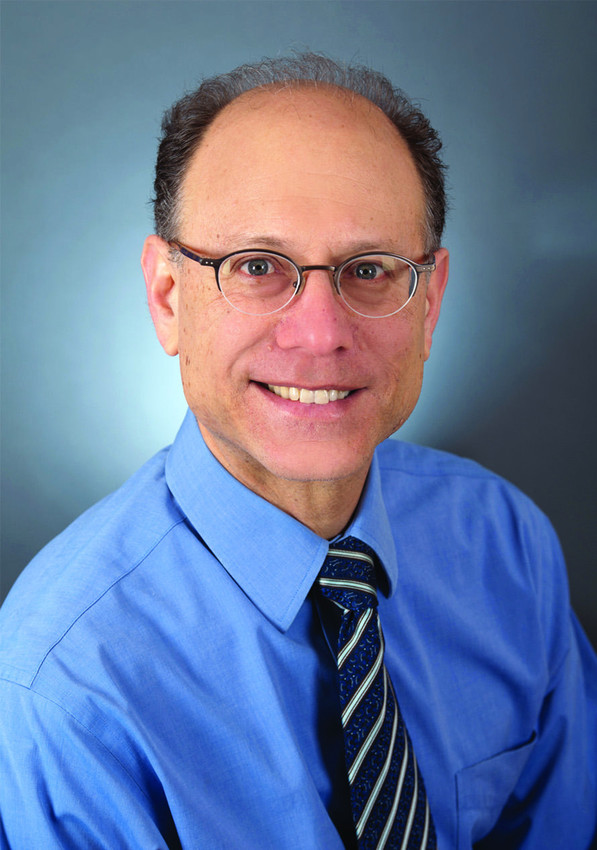FAYETTEVILLE, Ark. – David Ludwig, a leader in the field of childhood obesity research and treatment, will speak at the University of Arkansas at noon Friday, April 15 in the Graduate Education Building auditorium.
Ludwig will sign copies of his book, Always Hungry? Conquer Cravings, Retrain Your Fat Cells & Lose Weight Permanently, after the talk, which is free and open to the public.
The event is sponsored by the College of Education and Health Professions and will also be streamed live and can be accessed by registering online. The U of A Bookstore will have copies of Ludwig’s book available for sale at the event.
According to Ludwig, overeating doesn’t make people fat – the process of getting fat makes people overeat. He maintains this is because fat cells play a key role in determining how much weight a person gains or loses. He says most low-fat and low-calorie diets work against the body, causing fat cells to actually hoard calories, leaving too few for the rest of the body.
What Ludwig calls “hungry fat” sets off a dangerous chain reaction that leaves people feeling ravenous as metabolism slows down. Highly processed carbohydrates are likely one cause of the fat cells hoarding calories because they raise insulin levels and adversely affect metabolism and body weight in ways that can’t be explained by their calorie count alone.
He advises people to avoid processed food and to eat certain high-fat foods, which cause their fat cells to release excess calories with the result that they lose weight without cravings and constant hunger.
Ludwig is a professor of pediatrics at Harvard Medical School and professor of nutrition at Harvard School of Public Health. He is on staff at Boston Children’s Hospital and is founding director of the Optimal Weight for Life program at the hospital. It’s one of the country’s oldest and largest multidisciplinary clinics for the care of overweight children.
Ludwig also directs the New Balance Foundation Obesity Prevention Center. His research focuses on the effects of diet on hormones, metabolism and body weight. He is principal investigator on numerous grants from the National Institutes of Health, has published more than 150 scientific articles, and serves as contributing writer for Journal of the American Medical Association.
Always Hungry was No. 1 on the New York Times best seller list of food and fitness books in February. It is No. 9 on the list of health books for April.
About the University of Arkansas: The University of Arkansas provides an internationally competitive education for undergraduate and graduate students in more than 200 academic programs. The university contributes new knowledge, economic development, basic and applied research, and creative activity while also providing service to academic and professional disciplines. The Carnegie Foundation classifies the University of Arkansas among only 2 percent of universities in America that have the highest level of research activity. U.S. News & World Report ranks the University of Arkansas among its top American public research universities. Founded in 1871, the University of Arkansas comprises 10 colleges and schools and maintains a low student-to-faculty ratio that promotes personal attention and close mentoring.
Topics
Contacts
Stavros Kavouras, associate professor of exercise science
College of Education and Health Professions
479-575-5309,
Heidi Wells, director of communications
College of Education and Health Professions
479-575-3138,
